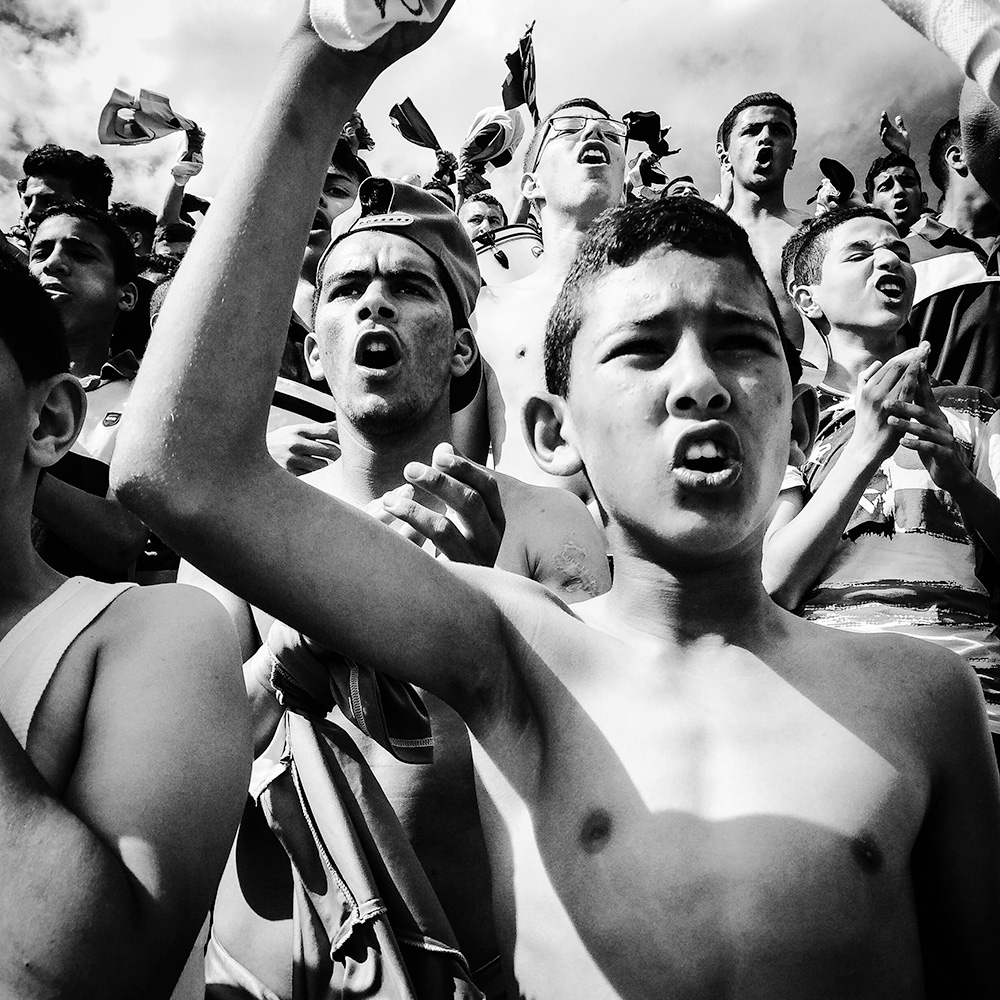The Intersection of Sports and Politics in Algeria
In Algeria, football is not just a game; it’s a platform for political engagement and a space for public expression. The football stadiums, often filled with passionate fans, have transcended their primary purpose of hosting sports events. They have become arenas where issues of national importance are voiced, where resistance is manifested, and where the collective spirit of dissent finds a home.
As the avenues for public gatherings dwindle and the eyes of surveillance grow wider, the role of these stadiums is more crucial than ever. The question of how these spaces will continue to function as bastions of free expression is critical in the ongoing struggle for political freedom. The political future of these communal spaces is uncertain, yet their importance remains undiminished in the hearts of the Algerian people.
Historical Significance and Modern Challenges
Historically, Algerian football terraces have been more than just a place to watch a game. They have served as a venue for protest against political regimes, against social injustice, and as a site for communal solidarity. This unique role of football stadiums in Algerian society is deeply ingrained, emerging during pivotal moments in Algeria’s history.
Today, these stadiums face new challenges. The increasing surveillance and the shrinking of public spaces pose a significant threat to the freedom traditionally enjoyed in these venues. The dynamics of these changes are complex, influenced by both local and global political climates.
The future of these stadiums as free spaces is uncertain, but their historical role in shaping and reflecting Algerian public life cannot be underestimated. As Algeria navigates its political path, the stadiums will undoubtedly play a crucial role in either fostering a spirit of resistance or in reflecting the changes imposed by increased surveillance and restricted freedoms.
